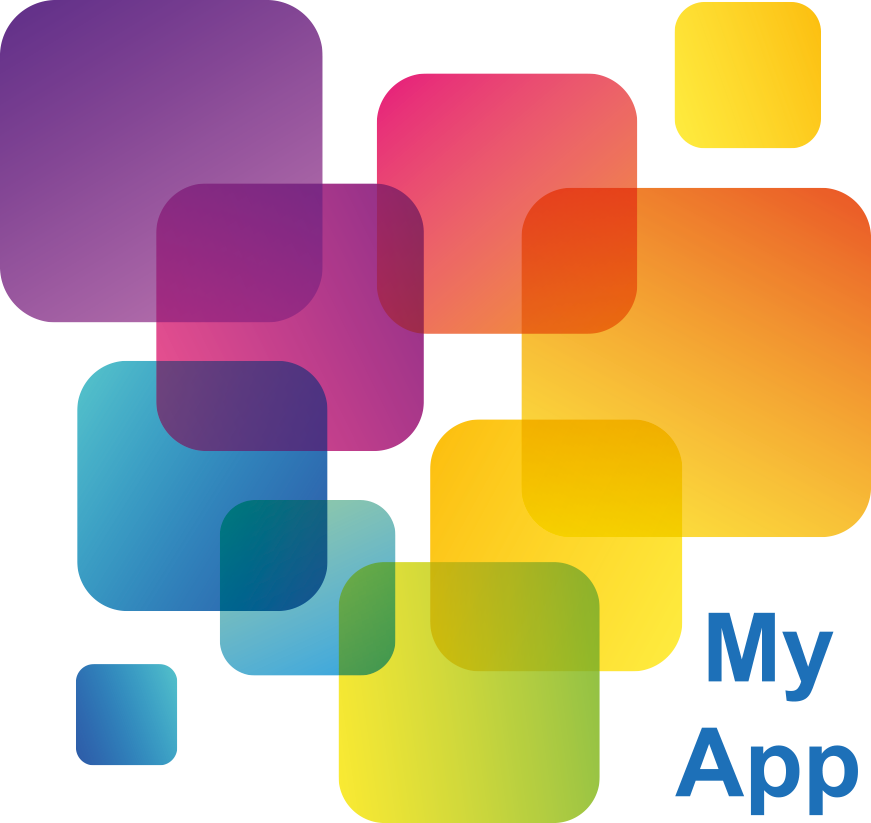
Immediately after a traumatic event, it is normal to feel shaken or upset and it takes a while to adjust. Your brain is responding to being under threat and trying to protect you from harm. It takes a while to process what has happened, but after a few weeks the stress symptoms tend to start to reduce. Many people, especially if they have good support around them, can begin to feel normal again without needing therapy.
![]() We know it is helpful to keep things predictable and follow normal routines as far as possible.
We know it is helpful to keep things predictable and follow normal routines as far as possible.
![]() If you feel able, it’s a good idea to go back to usual activities such as school, work, clubs or activities.
If you feel able, it’s a good idea to go back to usual activities such as school, work, clubs or activities.
![]() It is helpful to express your feelings about the trauma. This can be done in a number of ways, it might be through a conversation with a friend or trusted adult, sometimes people can find drawing or writing feelings down helpful, whatever way is most helpful to you.
It is helpful to express your feelings about the trauma. This can be done in a number of ways, it might be through a conversation with a friend or trusted adult, sometimes people can find drawing or writing feelings down helpful, whatever way is most helpful to you.
![]() It is a good idea to try to keep other stress to a minimum for a few weeks after (where possible) to help you to recover.
It is a good idea to try to keep other stress to a minimum for a few weeks after (where possible) to help you to recover.
![]() It is also a good idea to eat regularly (even if you don’t feel like it). Try to do some exercise, as this might help you sleep.
It is also a good idea to eat regularly (even if you don’t feel like it). Try to do some exercise, as this might help you sleep.
![]() Spend time with people you care about, this can be online or in person, just to help you to connect to your community.
Spend time with people you care about, this can be online or in person, just to help you to connect to your community.
![]() Relaxation exercises such as breathing, progressive muscular relaxation, and relaxing music can be helpful to help you to cope.
Relaxation exercises such as breathing, progressive muscular relaxation, and relaxing music can be helpful to help you to cope.
Follow this link for some self-care resources: Wellbeing for Young People PTSD


 Below are links to some helpful information around PTSD
Below are links to some helpful information around PTSD